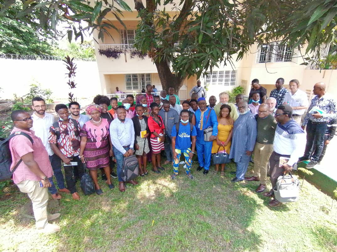
Cognizant of the ecological and health risks posed by ongoing deforestation inflicted on the Freetown Peninsula for mostly cooking energy and human settlement purposes, GIZ Energizing Development Programe (EnDev) on Thursday 20th May 2021 convened in Freetown a Stakeholder’s Dialogue on Deforestation of the Freetown Peninsular and Clean Cooking Solution for Sierra Leone.
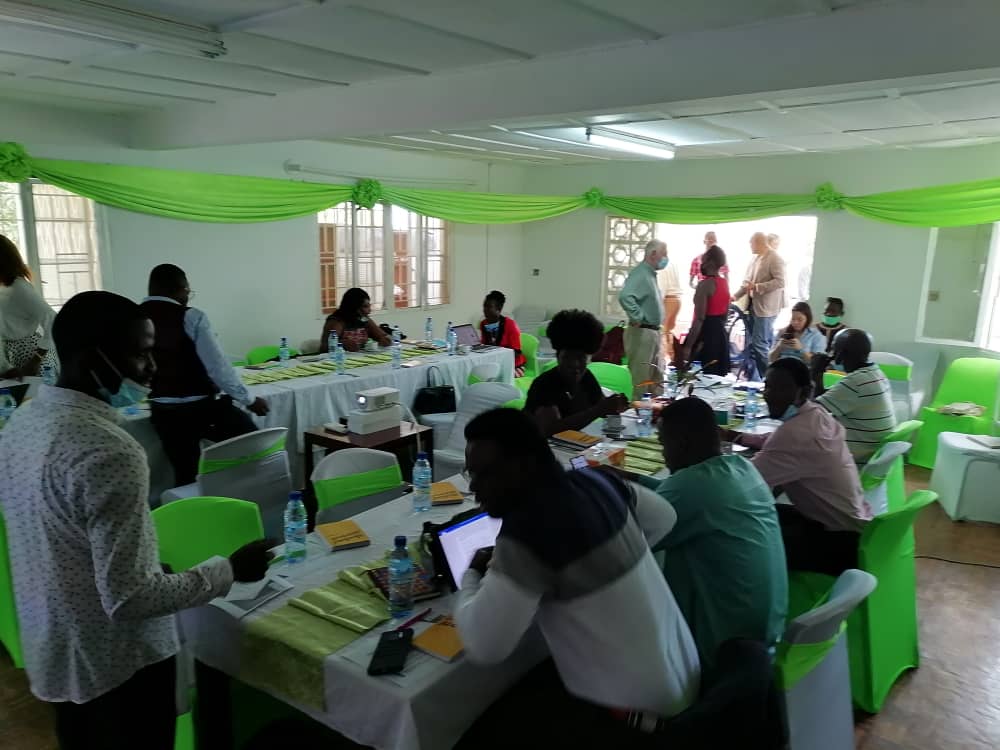
During the meeting, Mr. Hans Werner Gress (the Lead Consultant) made a presentation on finds of ongoing deforestation of especially the Freetown Peninsular Forest cover.
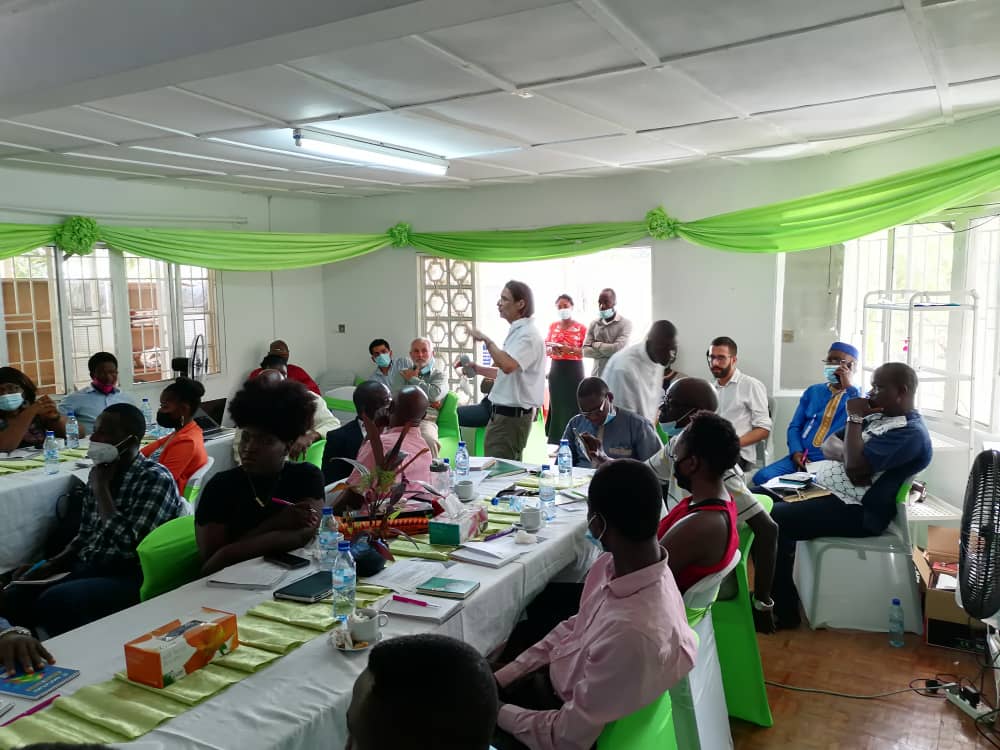
His presentation highlighted the status of cooking energy in Sierra Leone, and underpinned the status of environemental protection and loss; while underscoring the marco-economic implications together with the loss of other natural resources and Capital Assets. He concluded on the parameter for alternative cooking solutions.
It was revealed that according to the 2018 Sierra Leone Integrated Household Survey (SLIHS), access to energy for household cooking is disaggregated along five energy sources mostly used by the population.
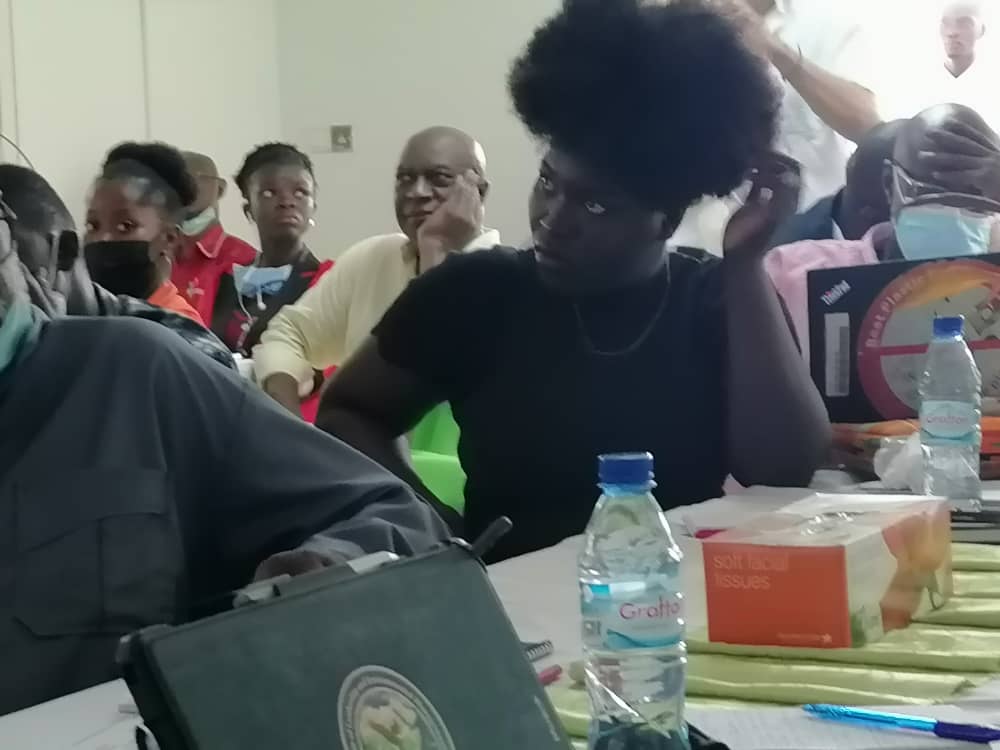
Firewood is estimated at about 72%; over 27% use charcoal; about 0.2% use Liquefied Petroleum Gas (LPG); almost 0.1% use animal waste; and with about 0.99% that have access to clean fuel and technologies for cooking.
This report suggests that energy consumption in Sierra Leone is dominated by biomass with over 99% of households cook with fuel-wood or charcoal. The SLIHS indicates that charcoal consumption increased from 20% in 2011 to 28% in 2018.
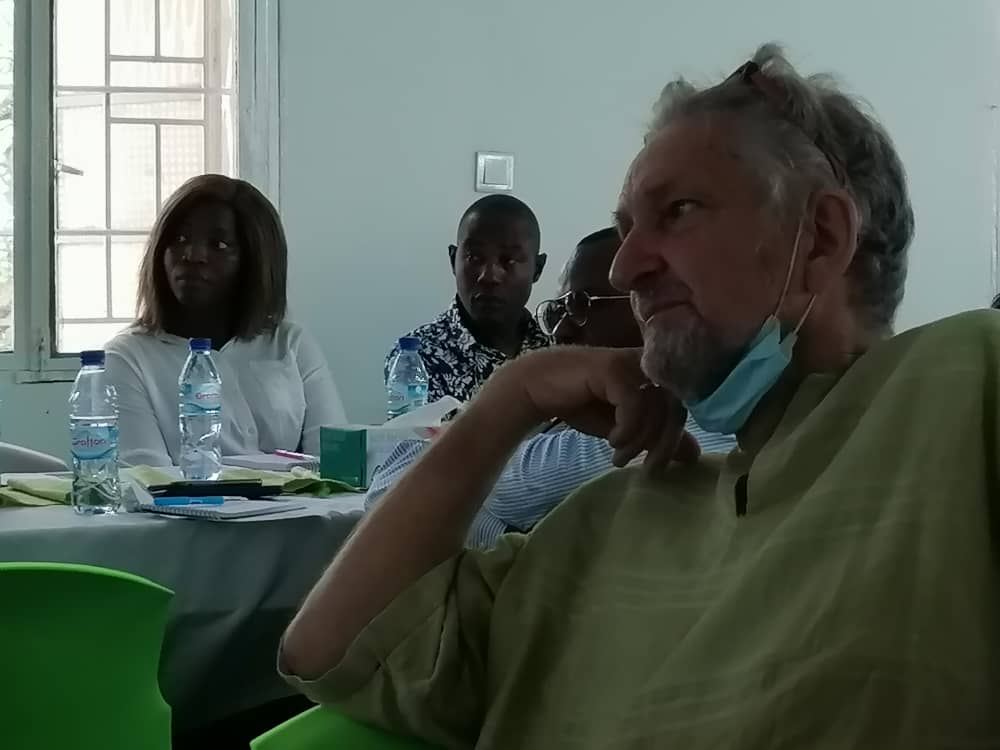
The Stakeholders’ Dialogue commenced with a welcome statement from GIZ Country Director Mr. Christian Widmann. Representatives from the Ministry of the Environment (MoEnv.); Ministry of Energy (MoE); Environement Protection Agency (EPA); Mano River Union (MRU-Secretariat); Renewable Energy Association of Sierra Leone (REASL); the European Union (EU); and Freetown City County (FCC) made remarks.
The Key Note Address was delivered by EnDeV Regional Director (Mr. Hans-Hartlieb Euler). The meeting was facilitated by the Institute of Leadership, Environement and Leadrship (i.e. ILEM Consultancy Firm). Also in attendance were representatives from Afri-Gas; GUMA Valley Water Company; Africa-Wide; FLS; GTI; USAID; AVSI; Fourah Bay College; Tacugama; TENN and Parliamentarians of Contiuencies 109 and 110. Participants made susbtantive contributions. Their inputs will be considered in shaping actional policy and legislative framework on deforestation and formulation of a Clean Cooking Strategy for Sierra Leone.
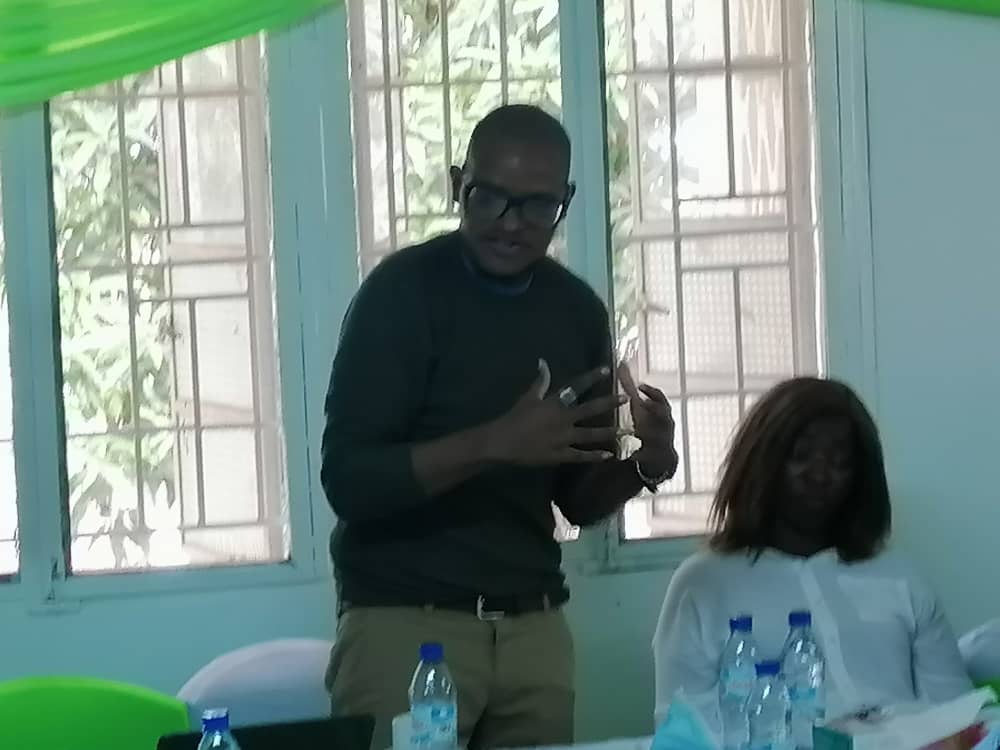
This initiative pioneered by GIZ EnDev started with the estblishement of a Techncial Working Group in 2020 as part of its manadate supporting access to modern, lasting, and affordable energy services to households, social enterprises and SMEs in 25 developing countries across Africa, Asia and Latin America.
It is undrstood thar the GIZ EnDev Programme in Sierra Leone will submit the outcome of the “Stakeholders’ Dialogue on Deforestation and Clean Cooking” to the relevant government entities to advice ongoing reform process on environmental and biodiversity management in Sierra Leone, thereby contributing to achieving the Government’s priority development agenda seeking to “Address Vulnerabilities and Building National Environmental Resilience”, as outlined under Cluster 7 of the Medium Term National Development Plan (MTNDP 2019 – 2023).
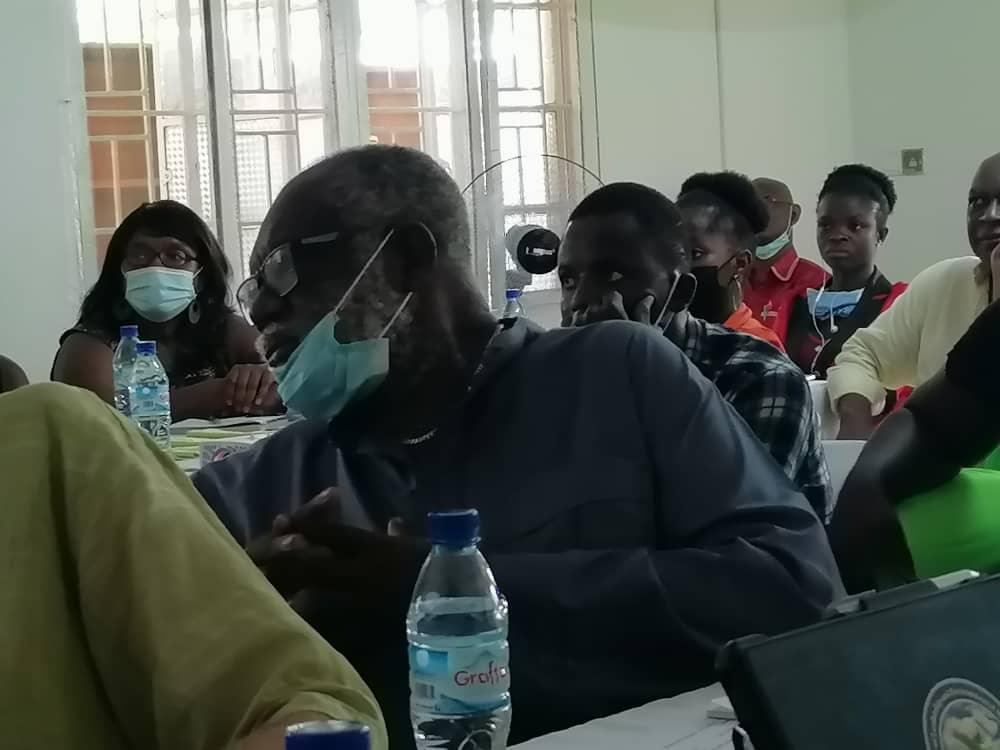
Some solutions discussed at the dialouge indicated that the use of biomass (firewood and charcoal) for cooking in Sierra Leone is unsustainable. In a country with a projected population growth estimated to be over 10 million by 2030, the increasing demand for biomass for cooking energy would exceed the regrowth rate of the forest cover and as a result accelerate deforestation resulting to ecological challenges and health risks for women and girls mostly exposed to Household Air Pollution (HAP).
It was further revealed during the dialogue that recent studies indicate that the ecological challenges pose by deforestation is directly responsible for water shortage, climate change effect as seen by the August 2017 mudslide in Freetown, loss of the remaining wildlife and the general biodiversity, dried-up rivers affecting hydropower supply, and river level rise resulting to periodic flooding during the raining season.
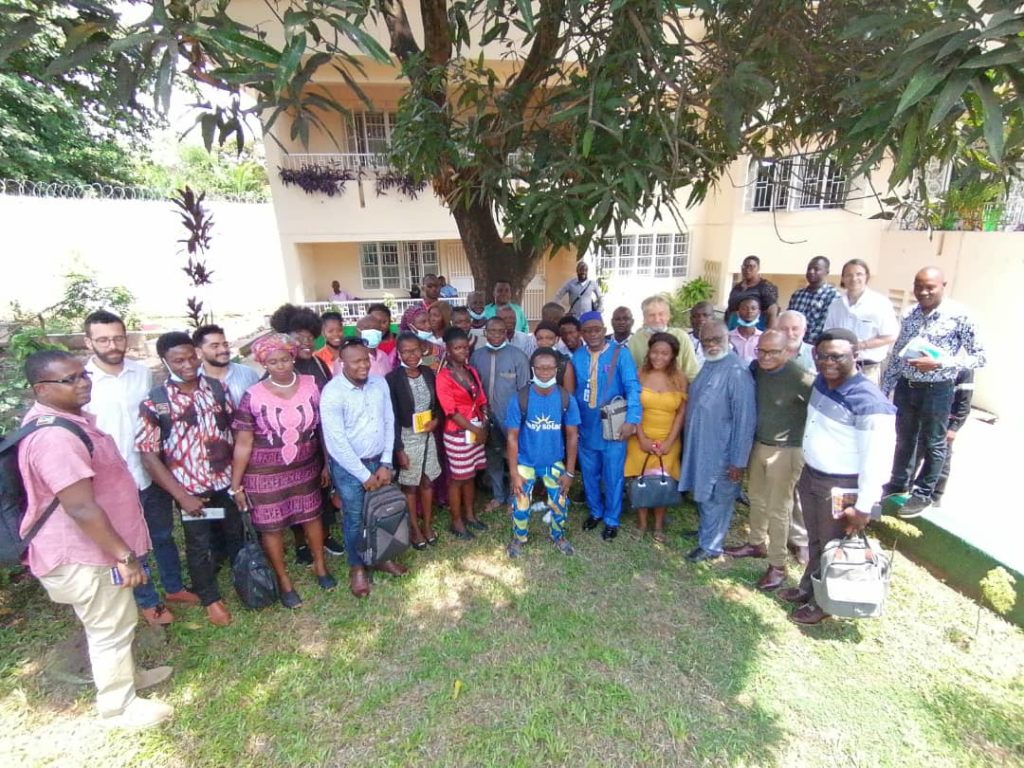
Spaekers at the auspicious event noted that it is hoped that the Outcome Strategy Document pursuant to this Stakeholders’ Dialogue will address the need for stronger regulation and better enforcement; and highlight the effects of degradation. Recommendations for tough actions such as leveling of tax on Charcoal and Timber Logging, proposing a national awareness-raising campaign to curb unregulated deforestation and addressing future environment damage in the face of global climate change were also discussed.
The dislouge was intense and very interactive.




2 comments on “GIZ Engages Stakeholders on Clean Cooking Solutions to Halt Deforestation”